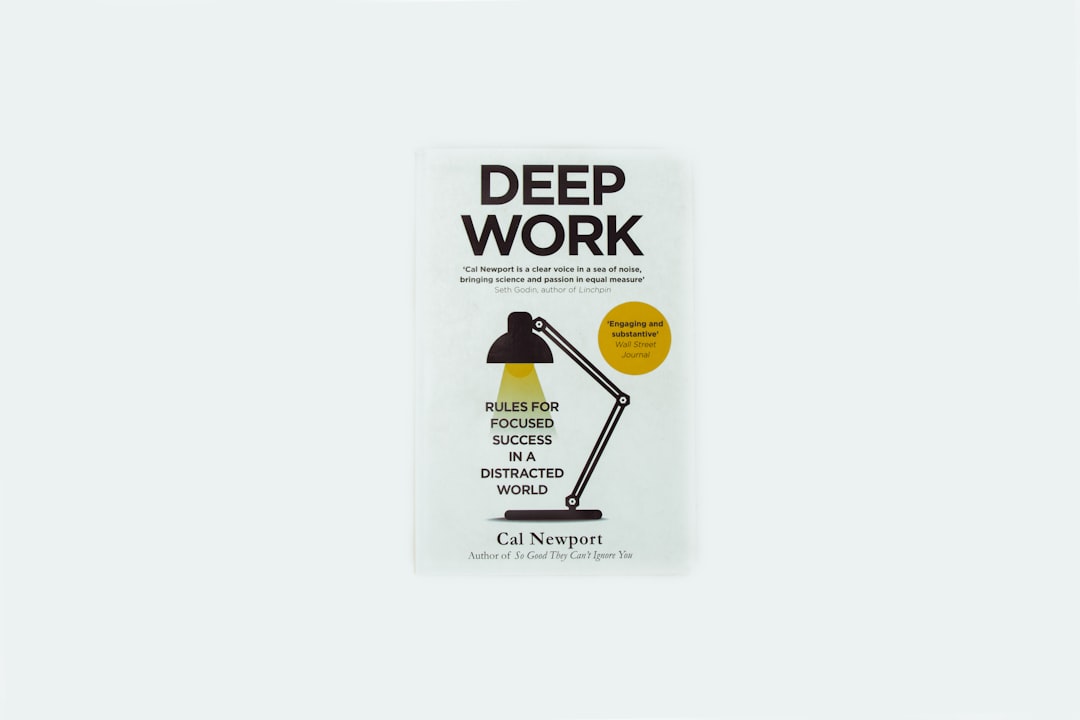
In today's fast-paced, technology-driven world, distractions have become an ever-present obstacle to achieving meaningful and productive work. Cal Newman's book, "Deep Work," offers valuable insights and actionable strategies to help individuals break free from the shallow work cycle and enter a state of deep concentration. Individuals can tap into their full potential and enhance their productivity by focusing on the task and minimizing distractions. It is a great time to explore the key concepts presented in the book, highlighting the importance of cultivating deep work habits in the modern knowledge economy.
Understanding Shallow and Deep Work:
In "Deep Work," Cal Newman introduces a fundamental concept that distinguishes between two distinct modes of work: shallow work and deep work. Understanding the differences between these modes is crucial for individuals aiming to optimize their productivity, prioritize meaningful tasks, and produce high-quality results.
Shallow work refers to the routine and often mundane activities that occupy a significant portion of our working hours. These tasks typically include managing emails, engaging in social media interactions, attending meetings, and handling administrative duties. While necessary for the smooth functioning of organizations, shallow work tends to be less cognitively demanding and can easily consume a substantial portion of our time if not managed effectively.
One of the critical drawbacks of shallow work is that it can create a sense of busyness without necessarily leading to significant progress or meaningful accomplishments. Constantly attending to emails, engaging in trivial social media interactions, or participating in unproductive meetings can leave individuals feeling drained and unfulfilled, as they have yet to contribute to their core objectives or add substantial value to their work.
In contrast, deep work involves immersing oneself in a focused and uninterrupted concentration on a single task. This mode of work requires individuals to eliminate external and internal distractions and dedicate their cognitive resources to tackling complex problems or engaging in cognitively demanding activities that contribute to their professional growth and accomplishing meaningful goals.
During deep work, individuals can tap into their full potential by entering a state of flow where time seems to fly by, and they experience heightened levels of productivity and creativity. In this state, they can delve into complex challenges, analyze problems deeply, generate innovative ideas, and produce high-quality work. Deep work enables individuals to make substantial progress on tasks that require cognitive depth and intensity, allowing them to achieve excellence and differentiate themselves in their respective fields.
However, deep work is only sometimes attainable in today's constantly connected and highly distracting world. The rise of technology and the ubiquitous presence of smartphones, social media, and instant communication channels have made it increasingly challenging to cultivate an environment conducive to deep work. The constant notifications, alerts, and interruptions impede concentration and hinder the ability to sustain deep focus for extended periods.

To cultivate deep work habits, individuals must manage and minimize distractions. This involves setting boundaries with technology, turning off social media, or using website-blocking tools. Creating a physical workspace that promotes focus and minimizes interruptions is also crucial. Individuals can create conditions for sustained concentration and enhanced productivity by establishing an environment supporting deep work.
Understanding the distinction between shallow and deep work is essential for individuals seeking to optimize their work performance and achieve meaningful results. While shallow work tasks are necessary, they should be managed efficiently to avoid becoming a time sink that detracts from more valuable pursuits. By embracing deep work, individuals can prioritize tasks that require intense concentration and delve into complex problems, ultimately driving personal and professional growth and achieving exceptional outcomes.
The Power of Deep Work:
According to Newman, deep work is the key to success in the knowledge economy. Individuals can harness their cognitive capabilities and produce remarkable outcomes by dedicating substantial blocks of time to intense, undistracted focus. However, deep work requires training and practice. Newman suggests that individuals can effectively engage in deep work for about 4-5 hours daily, with shorter periods of shallow work interspersed.
The Impact of Distractions:
In our hyperconnected world, distractions have become pervasive. Social media, in particular, poses a significant threat to deep work, often drawing us away from our tasks and into a never-ending cycle of scrolling and engagement. Recognizing the detrimental effects of distractions, Newman advises minimizing or eliminating these distractions to embrace deep work fully. While completely cutting off social media might be challenging for many, the book encourages individuals to evaluate the value they derive from such platforms and consider a conscious reduction in usage.
Strategies for Cultivating Deep Work:
To help readers transition into a deep work mindset, Newman provides practical strategies to minimize distractions and optimize productivity:
Schedule Deep Work Sessions: Block specific time slots dedicated solely to deep work in your calendar. Treat these sessions as non-negotiable commitments and prioritize them over shallow work activities.
Create a Distraction-Free Environment: Designate a physical or virtual workspace that minimizes interruptions. Silence your phone, disable notifications, and utilize website-blocking tools to eliminate potential distractions.
Embrace Rituals and Routines: Establishing rituals or pre-work routines can help signal your brain that it's time to enter a focused state. Whether brewing coffee or engaging in a brief meditation session, these rituals can enhance your concentration and work performance.
Cultivate Deep Work Habits Gradually: Building the ability to engage in deep work is a skill that requires practice. Start by dedicating short periods to focused work and gradually extend these sessions as your concentration improves.
Newport's work highlights the importance of minimizing interruptions and creating an environment conducive to deep work. Through deliberate practice and intentional scheduling, individuals can train their minds to enter a state of flow where true innovation and breakthroughs occur. This shift towards deep work leads to heightened productivity and fosters a sense of fulfillment and satisfaction derived from meaningful accomplishments.
Moreover, "Deep Work" transcends the realm of personal choice and becomes a strategic advantage in today's attention economy. As attention becomes increasingly scarce and sought after, those who can consistently engage in deep work will stand out among the crowd. The ability to dedicate uninterrupted periods of intense focus to complex tasks is a skill that will separate the truly exceptional from the mediocre.
In a world where distractions are omnipresent and shallow work dominates, Cal Newport's "Deep Work" presents a compelling case for reclaiming our cognitive abilities and cultivating deep work habits. By embracing this philosophy, individuals can unlock their potential, achieve remarkable productivity, and contribute significantly to their chosen fields. It is a call to action for everyone striving to navigate the complexities of the modern world and pursue meaningful and impactful work.



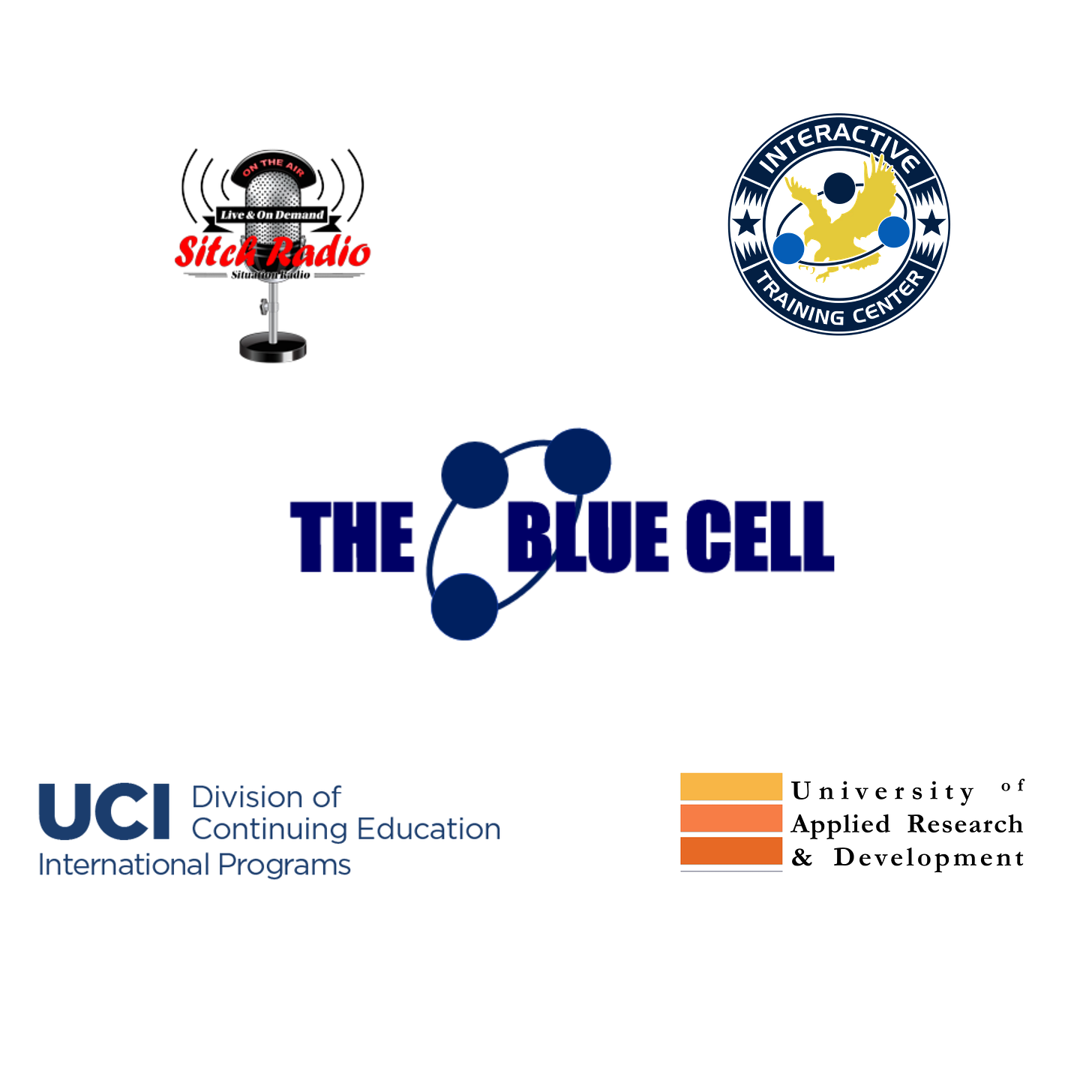



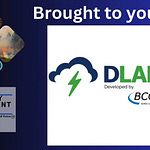
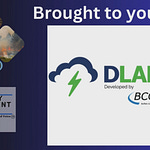
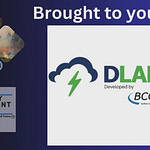


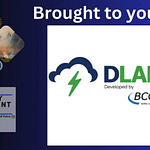
Share this post